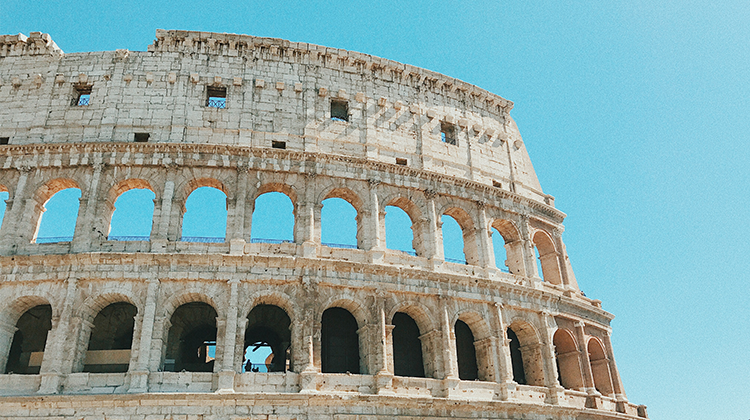How many of you have happened that the first time you decided to have a conversation with a native Italian speaker, booked a lesson, or tried to stop a passerby on the street to test your conversation in Italian and as a result did not understand most of the conversation? In fairness, it is fair to say that Italian is a complex language, and no, I am not talking about the dreaded “congiuntivo”!
The Italian language has far too many grammatical rules and even more exceptions to the rules or on the contrary there are topics or aspects that have none and should be learned as they are, one of them being precisely the pronunciation that varies from region to region if not from village to village! But I’m sure this does not discourage any of my readers, as if you have decided to learn Italian, you already know this and you also know that through a lot of practice, it is possible to succeed in getting the results you desire.
Before we get into the heart of the topic of our article of the month, I think it is only right to make a small introduction by introducing the birth of the Italian language and give an answer to the question asked by so many students during our classes:
"But what is meant by standard Italian? Is there really such a thing as a pure accent?" Generally, with the concept of standard, in linguistics, we refer to a language subject to normative codification, used as a reference model for correct usage and school teaching. Moreover, it is interesting to note that in the history of multiple languages, one of the dialects into which a certain language space was articulated became a standard language. And this is in fact how Italian came into being, as The standard variety of Italian is based on the Florentine vernacular of the 14th century, which, thanks to the literary prestige brought by Dante Alighieri, Francesco Petrarca, and Giovanni Boccaccio and due to the economic and cultural supremacy achieved at that time by Florence, acquired the character of a literary language with the suitable requirements to meet the need for a unified language appropriate for Renaissance cultural renewal.
The Florentine vernacular was chosen as the national language following the Unification of Italy also because over the centuries it became the learned language par excellence, the one spoken by the literate and cultured.
That said, one must now understand where dialects originated.
The explanation is that old Latin evolved into different versions, depending on the area of Italy where it was spoken.
Have you ever noticed that people in Italy often speak in different ways depending on the region and country they come from? Have you ever wondered if there is, in fact, a "real" Italian? The Italian dialectal landscape constitutes, according to many, the richest and most diverse linguistic heritage in Europe. Among the various Italian dialects, in fact, there are not only those belonging to the branch of Romance languages (to which, for example, Italian, Spanish, and French belong) but also some from Germanic, Greek, and Slavic languages.
Today dialects are still spoken, to varying degrees in different regions and cities of Italy, and by different age groups: for example, in the northern areas dialects tend to be spoken almost exclusively by the elderly, who have spoken them throughout their lives, often along with standard Italian. In the central and southern regions, on the other hand, it is more common to find younger dialect speakers, who use it mainly in informal contexts. According to a 2015 ISTAT analysis, 45.9 percent of Italians speak Italian exclusively or predominantly, 32.2 percent alternate it with dialect, and only 14 percent use dialect exclusively.
We can divide Italian dialects into 3 big groups:
1. the northern or upper-Italian dialects;
2. the Tuscan and Middle dialects;
3. the southern and extreme southern dialects.
Usually, there is a tendency to say that there are 30 or so main Italian dialects, actually, I believe that it is not so easy to quantify them since as with colors, so with dialects, there are infinite shades and to better explain my view, I will give here a personal example: I on italki, besides being a native Italian tutor, am also a Neapolitan tutor.
Before starting the Neapolitan lessons I would like to point out to the students that I am from Campania, I live in a province near Naples and in my small village we are about 800 inhabitants. Here we speak a dialect very similar to Neapolitan, which, however, differs from Neapolitan in the pronunciation of some words or even in the cadence of the accents. Around my small town then, there are many other small towns, in which a dialect very similar to mine is spoken but which in turn differs from the others for the same reasons just listed, so much so that, each one of us inhabitants of this area is able to guess the origin of a person, from the dialect despite the fact that to an unaccustomed ear, it may seem that there is no distinction between one pronunciation and another.
I want to leave you with a question about languages, in general: can there be a standard language, devoid of accents and pronunciation, thus a so-called pure language? I look forward to seeing you in the comments or privately for the answer or for further questions.







